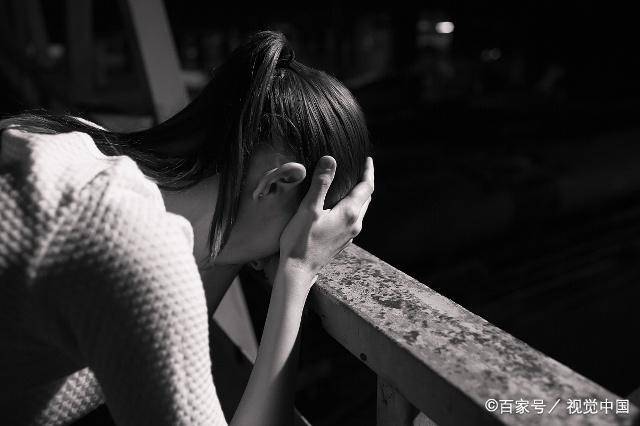Health and wellness, happy life, this is the Health Broadcast Machine, I am a health expert, taking you on a journey of scientific wellness!
During the 8th Cross-Strait and Hong Kong-Macao Region High-level Forum on Psychological Counseling and Consultation for Colleges and Universities held at Guizhou University recently, an attention-grabbing topic became the focus of public attention: “The increasing prevalence of depression among college students.”
After entering university, many students gradually experience depressive symptoms, with first-year and third-year students being more susceptible.
The manifestations of depression in college students are quite evident, including persistent low mood, reluctance to engage in social interactions, unwillingness to join classmates for meals or extracurricular activities, feeling worthless, significant weight changes, and even experiencing insomnia and vivid dreams.
After years of study, finally stepping into the dreamy realm of university, why do depressive symptoms occur? And why have college students become a high-risk group for depression? The reasons are worth reflecting upon.
Why do college students become a high-risk group for “depression”? 3 realistic reasons
Firstly, significant psychological changes may occur. Everyone imagines university life to be the dreamy realm they’ve longed for. However, upon entering university, the gap between dreams and reality is often substantial, leading to a sense of dissonance.
In university, the study methods are vastly different from before; during primary and secondary school years, studying was accompanied and supervised by teachers and parents, with great emphasis placed on students’ grades.
Upon entering university, there’s no one to supervise your studying anymore; after classes, professors often leave without much interaction with students.
Therefore, students with lower autonomy may feel a significant sense of dissonance psychologically, lacking dependence and a concept of self-directed learning, which over time may lead to depressive symptoms.
Secondly, when a person enters university, they must face everything on their own. Previously, the focus may have been solely on studying, with family managing personal life.
However, upon entering university, not only is studying a personal endeavor, but personal life also requires independent management. Thus, some individuals may frequently be disorganized, unable to take care of themselves properly, and often suffer from poor health.
Some individuals may not be able to handle this life pressure, gradually becoming psychologically fragile, thus leading to the onset of depression.
Lastly, upon entering university, one must manage their interpersonal relationships and soon transition into society; the pressure of employment becomes a piercing sword hanging over many students’ heads.
For those who struggle with interpersonal relationships, they often suffer great psychological distress. Additionally, fears and worries about employment can keep one in a state of prolonged anxiety, potentially leading to depression.
If you know someone experiencing depression, make sure to communicate more often and encourage participation in positive activities, as this can help them dispel the clouds in their minds.


